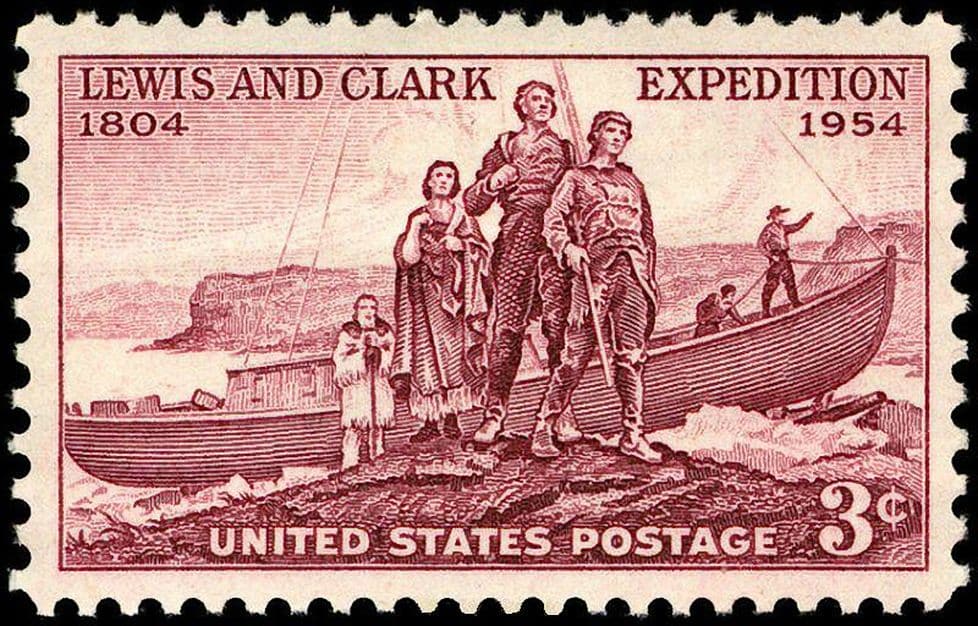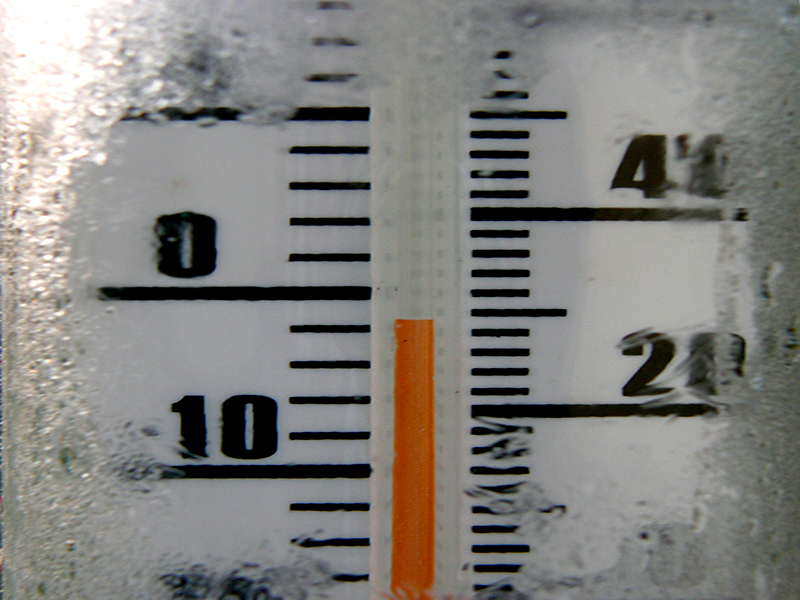Meriwether Lewis Arrives Back in St. Louis as Governor: March 8, 1808

Meriwether Lewis, hero of the Corps of Discovery arrived to take up his position as governor on this date in 1808, almost a full year after he’d been appointed to the role. At this moment in time, Lewis was one of the most famous and well-regarded people in the country. But early signs showed Lewis less than enthusiastic about the job, and his stint as territorial governor was plagued by problems. As Ron Soodalter writes in our article about the state’s first governors:
“Since his return [from the expedition], Lewis had behaved erratically. Simply put, the Lewis that President Jefferson had bargained on was not the one who assumed the governor’s mantle. For one thing, Lewis was inexcusably late in reporting to his new appointment. Jefferson needed him in St. Louis as soon as possible, to bring order to the fast-growing frontier city. Lewis had promised the president he would set out in short order for his new assignment; yet he did not arrive in St. Louis until March 1808—a full year after his appointment. In the interim, he showed no interest in requesting reports from Jefferson’s chosen territorial secretary and acting governor, Frederick Bates. Nor had he done any work on formalizing his expedition journals for publication, a project to which Jefferson was almost obsessively committed.”
Although historians seem to agree that Lewis was a forthright administrator, he was bad at keeping records. Between that and a growing feud with Bates, the territorial secretary, Lewis’s troubles only got worse throughout his year and change actually serving in the territory as its governor. In 1809, owing to debts and allegations of improper conduct by Bates, Meriwether Lewis set out for Washington D.C. in hopes of clearing his name. Along the way, he died due to wounds from a gunshot, which was presumed to be self-inflicted. Lewis’s ancestors have expressed doubt about that he took his own life, as did the only doctor who ever examined his corpse (albeit forty years after his death). Although calls for a modern forensic examination of his corpse have been put forward, no such investigation has been permitted.
Related Posts
Freezing Temperatures in St. Louis
On December 24, 1872, a 20˚ below zero temperature was recorded for St. Louis.
Tornado Outbreak in St. Louis
On September 29, 1927, a tornado in St. Louis killed 85, injured as many as 1,500, and destroyed much of the area from Webster Groves to the Central West End and eastward to the Mississippi.
St. Louis Symphony Orchestra roots begin
The St. Louis Choral Society was founded by SLSO's first Music Director Joseph Otten on September 1, 1880.



